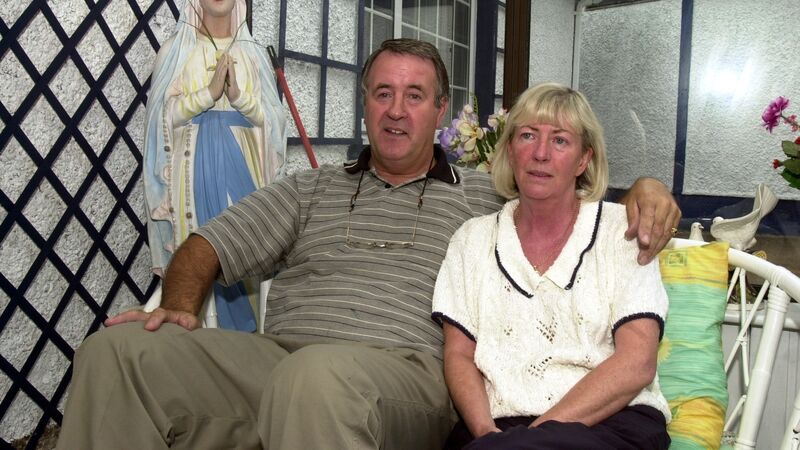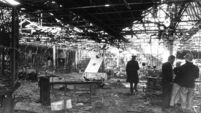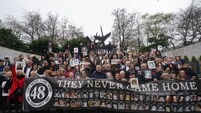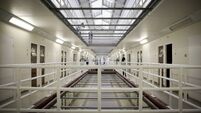The pain game: Families being forced to search for truth in pursuit of justice for loved ones

Andrew and Lily Moynihan at their home in Ballincollie Road, Spring Lane, Ballyvolane - the last place they saw their son Adrian Moynihan before he tragically died in an altercation outside Sidetrax nightclub. Picture: Gavin Browne
A loved one’s death unexpected death can haunt a family for years, or decades. And if no adequate explanation is given, or people are left searching for the truth, it can make it impossible to heal.
Failure to address systemic failures in how inquests and investigations are conducted, and the coronial system as a whole, is leading to a competition “of loudest voices, and sharpest elbows and those that campaign the longest and the hardest,” according to the Irish Council for Civil Liberties (ICCL).













